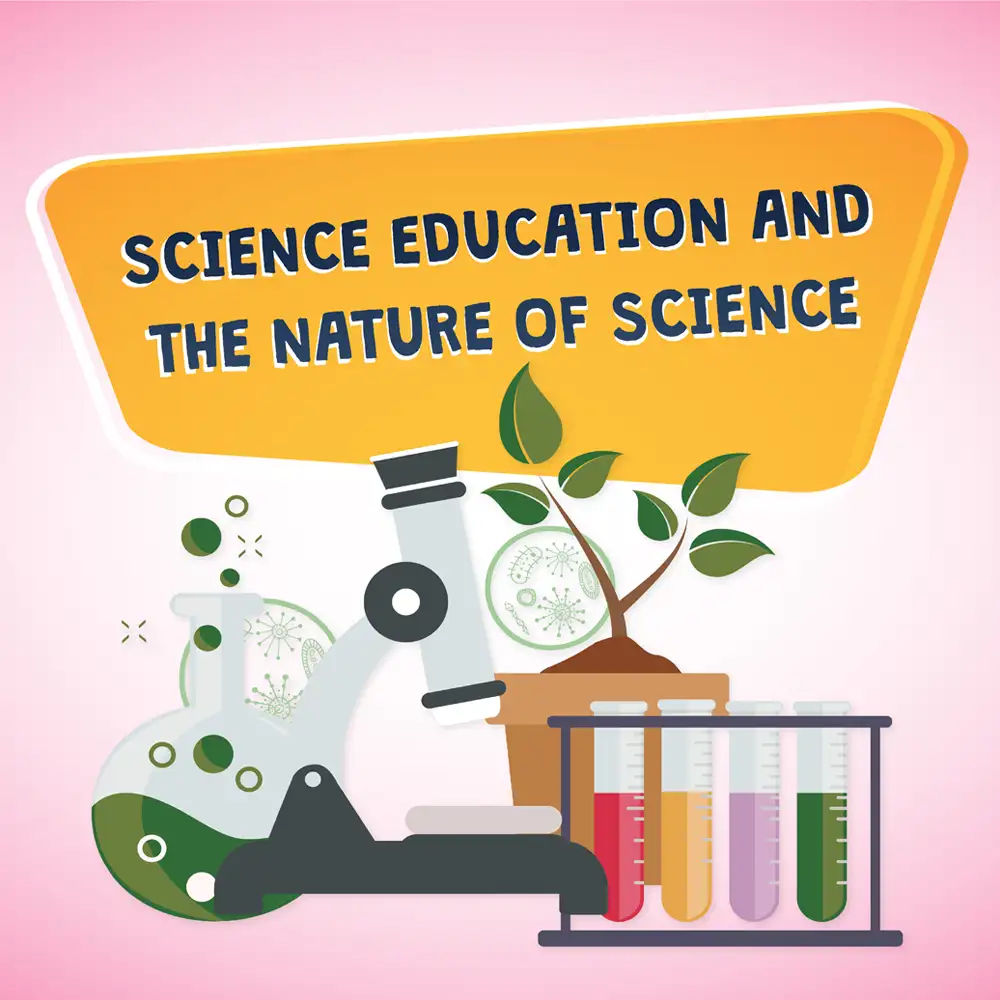DERMEN ERASMUS TRAINING COURSES

- #SCIENCE EDUCATION AND THE NATURE OF SCIENCE

Course Content:
The Science Education and Nature of Science course is a comprehensive and enlightening exploration of the principles and methodologies in science education. This transformative journey equips educators with effective strategies to promote scientific inquiry and nurture a scientific mindset in their students.
At the core of this course is the understanding of the nature of science. Participants delve into the characteristics of science, its dynamic nature, and the scientific method as a tool for inquiry. They gain insights into the historical development of scientific ideas and the contributions of influential scientists throughout history, enriching their appreciation of the scientific enterprise.
Ethical considerations and social responsibilities in scientific research and experimentation are emphasized, encouraging participants to address the ethical implications of their work and recognize the broader impact of scientific discoveries.
Inquiry-based learning approaches are promoted to engage students actively in exploration and investigation. Educators learn to design hands-on experiments and activities that foster scientific inquiry skills and critical thinking.
The integration of technology in science education is explored, showcasing the benefits of interactive simulations, virtual experiments, and data analysis tools. Participants understand how technology can enhance science learning experiences while acknowledging potential challenges.
Diversity and inclusion take center stage as participants learn to create inclusive science classrooms that cater to students from diverse backgrounds and abilities. Equity in science education is promoted, and efforts to address the underrepresentation of certain groups in science are encouraged.
Effective assessment strategies are developed to gauge students’ understanding of scientific concepts and skills. Participants also learn to provide constructive feedback to support students’ scientific growth and development.
The course emphasizes connecting science to real-world applications, showcasing the practical relevance of scientific knowledge in solving global issues and everyday challenges. Educators are inspired to engage students in projects that connect science to their lives and encourage them to be environmentally conscious global citizens.
The integration of environmental education and sustainability principles into science curriculum and teaching practices is explored, empowering students to become environmentally conscious and active global citizens.
The course highlights the significance of STEM integration (science, technology, engineering, and mathematics) to address real-world challenges and foster interdisciplinary learning.
Throughout the course, participants engage in hands-on activities, design science lessons, and explore practical teaching strategies. They have the opportunity to implement inquiry-based learning experiences and incorporate technology and multimedia into science instruction.
Objectives:
- To provide educators with a deep understanding of the nature of science, including its characteristics, limitations, and the scientific method as a tool for inquiry.
- To explore the historical development of scientific ideas and the contributions of influential scientists, enriching participants’ appreciation of the scientific enterprise.
- To promote ethical considerations and social responsibilities in scientific research and experimentation, encouraging educators to address the ethical implications of their work and recognize the broader impact of scientific discoveries.
- To equip educators with effective strategies for promoting scientific inquiry and critical thinking skills through inquiry-based learning approaches.
- To integrate technology into science education, showcasing the benefits of interactive simulations, virtual experiments, and data analysis tools in enhancing science learning experiences.
- To foster inclusive science classrooms that cater to students from diverse backgrounds and abilities, promoting equity in science education and addressing underrepresentation.
- To develop effective assessment strategies to gauge students’ understanding of scientific concepts and skills, and provide constructive feedback to support their scientific growth and development.
- To showcase the practical relevance of scientific knowledge in solving real-world issues and everyday challenges, encouraging educators to connect science to students’ lives and global issues.
- To encourage scientific communication and collaboration among students, nurturing oral presentation skills, scientific writing, and collaborative problem-solving abilities.
- To integrate environmental education and sustainability principles into science curriculum and teaching practices, empowering students to become environmentally conscious and active global citizens.
- To explore the significance of STEM integration (science, technology, engineering, and mathematics) in addressing real-world challenges and fostering interdisciplinary learning.
- To inspire educators to continuously reflect on their teaching practices and promote a growth mindset in science education.
- To support educators in creating innovative and engaging science learning experiences that spark curiosity and passion for scientific exploration.
- To encourage educators to be advocates for science education and the value of scientific thinking in society.
- To empower educators with the knowledge and skills to foster a scientific mindset in their students, promoting lifelong learning and critical thinking beyond the classroom.




